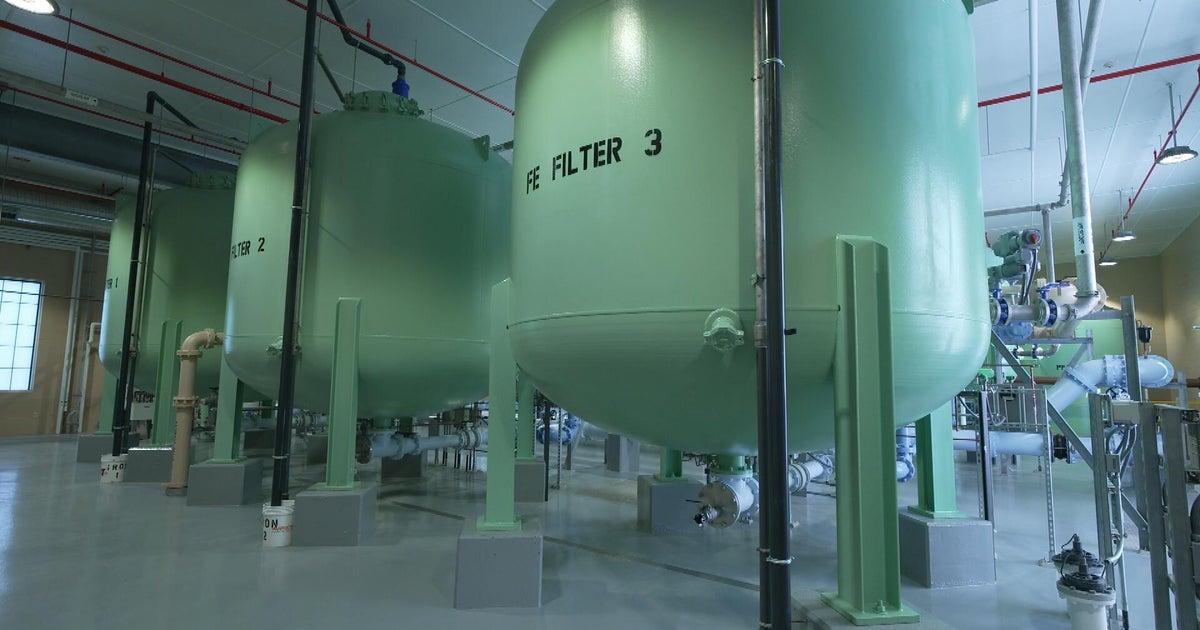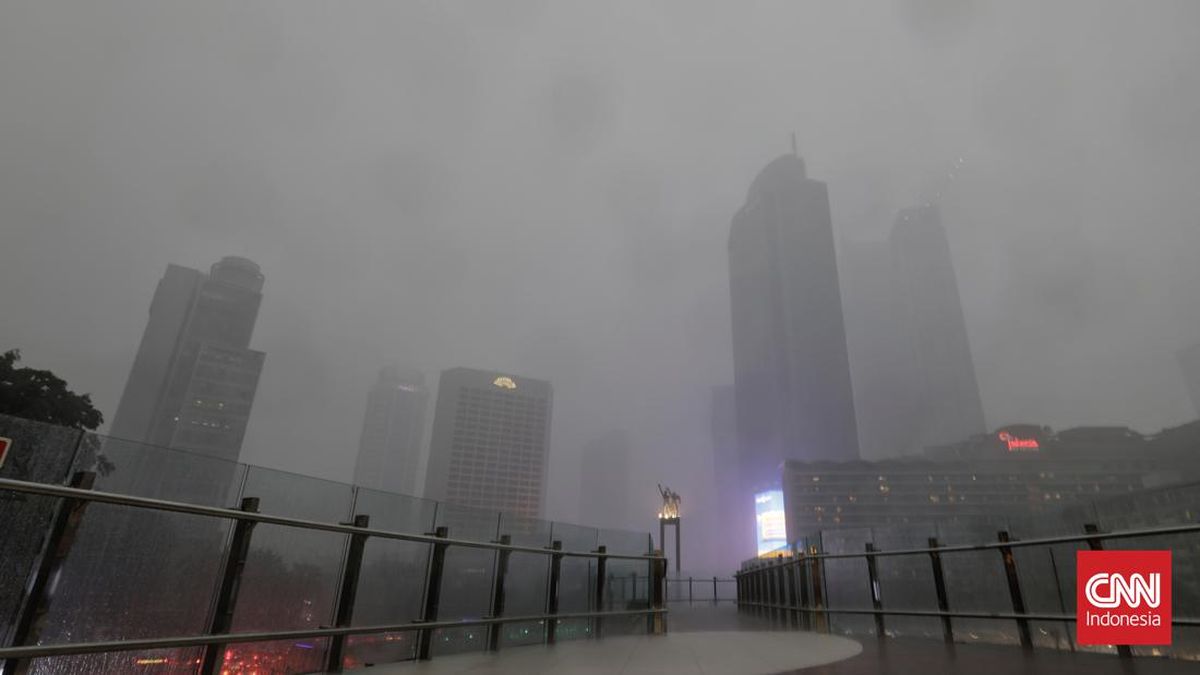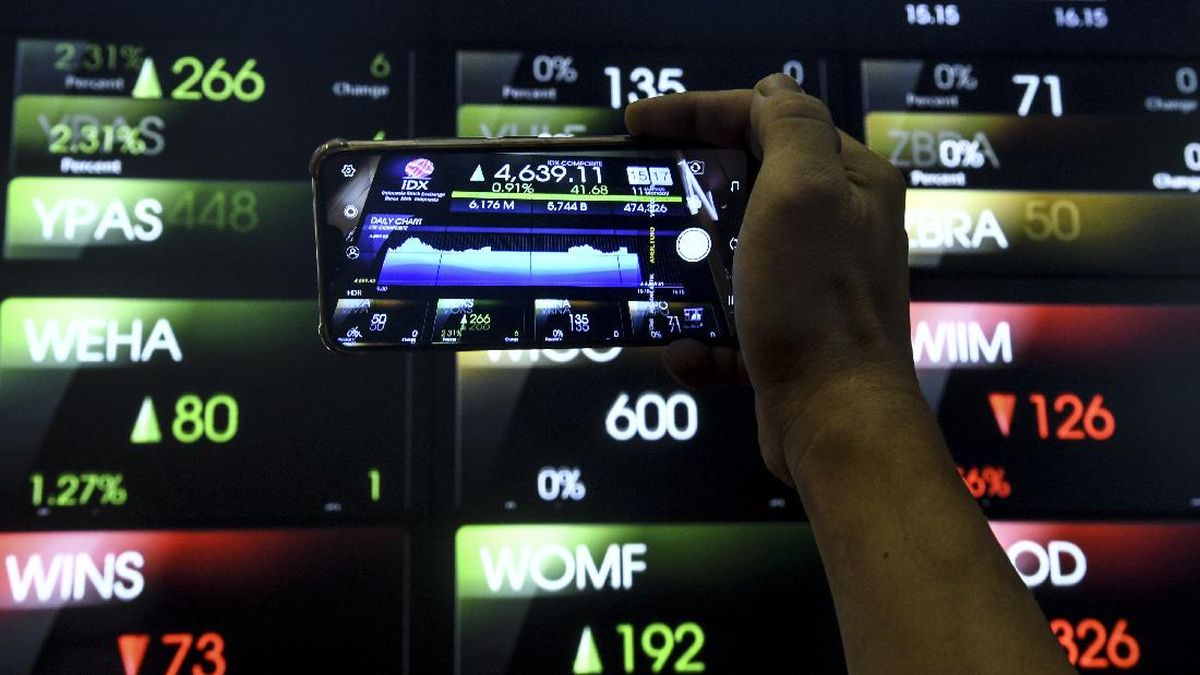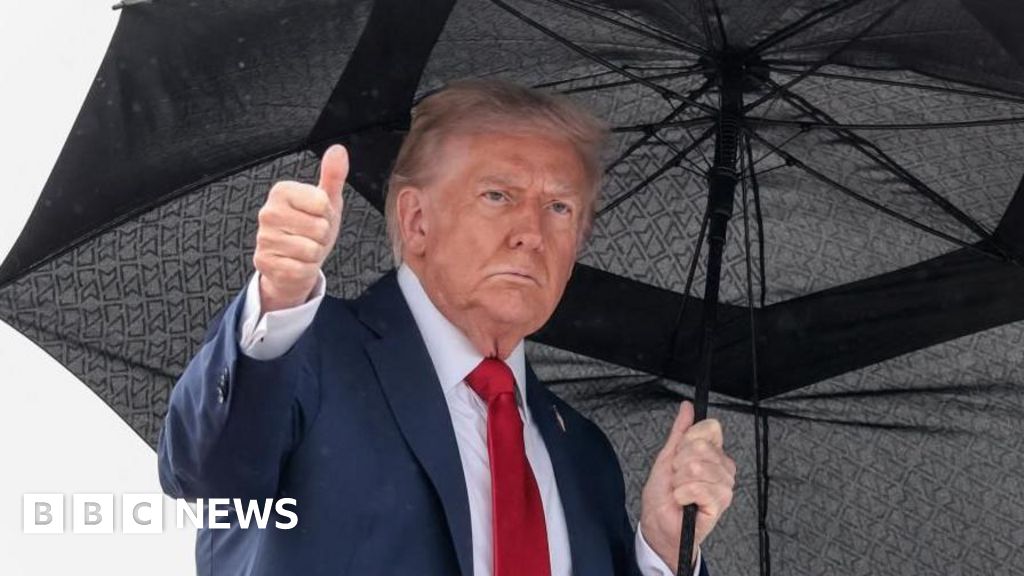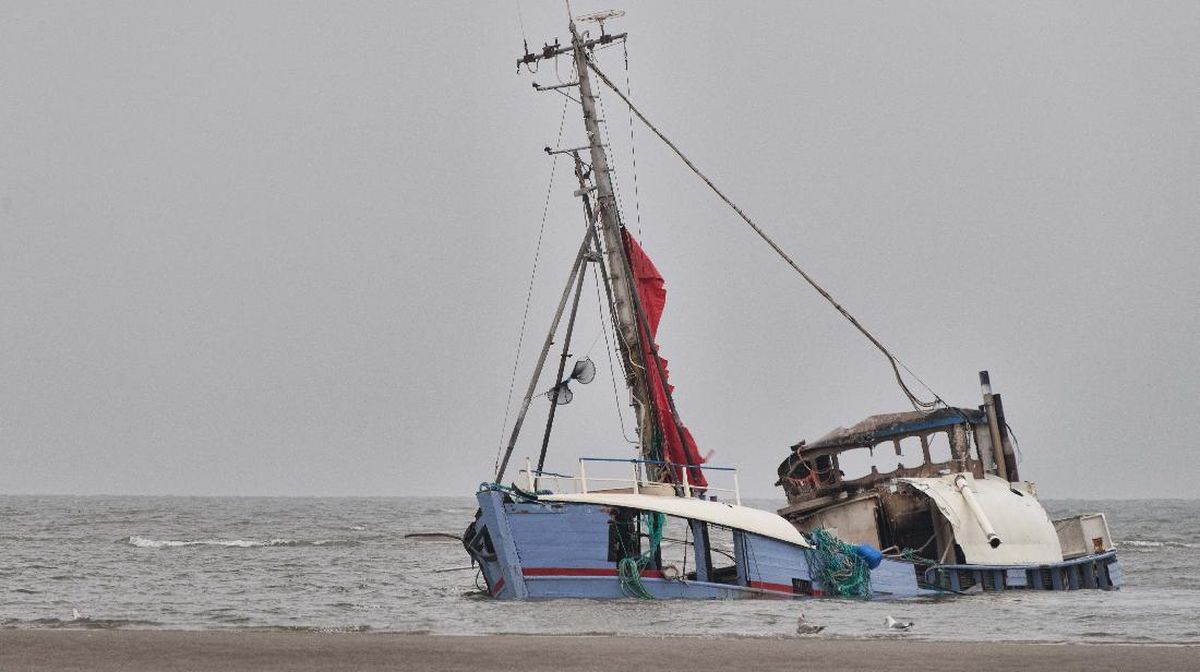By Stan Choe
October 13, 2025 — 6.58am
Investors on the Australian sharemarket are bracing for losses on Monday morning after flaring trade tensions between the US and China sent shockwaves across markets, triggering Wall Street’s worst selloff in six months heading into the weekend.
ASX futures were pointing to a fall of 84 points, or 0.9 per cent, to 8896. The S&P 500 sank 2.7 per cent on Friday in its worst day since April after Donald Trump said he was considering “a massive increase of tariffs” on Chinese imports. The Dow Jones Industrial Average dropped 1.9 per cent amid broad losses across the market, and the Nasdaq composite fell 3.6 per cent.
The Australian dollar traded 0.8 per cent lower at US65.05¢ as of 6.40am AEDT. The ASX ended last week in the red as investors pressed pause on the gold and iron ore miners lost their mojo.

Donald Trump sparked the market selldown on Friday with a note on his social media network that ratcheted up the trade war tensions again.Credit: Bloomberg
During Monday’s session on the ASX, rare earths miners such as Lynas and Iluka are likely to be in the spotlight again after this masthead reported on Sunday the Albanese government is considering minimum prices for critical minerals and pumping money into new rare earth projects as part of a potential resources deal with the US. The Pentagon is looking to buy as much as $US1 billion of critical minerals to stockpile, the Financial Times reported.
Meanwhile, Qantas is facing more fallout from its hacking attack after customer data stolen during its cyber incident in July was released online over the weekend. ANZ Bank’s new chief executive Nuno Matos will update investors on his strategy for the bank on Monday, with its underperforming retail business likely to bear the brunt of job losses about to hit the bank over the next 12 months.
The latest tensions between the world’s largest economies led to widespread drops across Wall Street on Friday, with roughly six out of every seven stocks within the S&P 500 falling. Nearly everything weakened, from Big Tech companies like Nvidia and Apple to stocks of smaller companies looking to get past uncertainty about tariffs and trade.
‘That was clearly not something traders wanted to hear. Things got ugly quickly.’
Interactive Brokers’ Steve SosnickWall Street’s chief fear gauge, the Cboe Volatility Index, or VIX, topped 20 for the first time since April — a level that typically signals mounting market stress.
US stocks had been heading for a slight gain on Friday until Trump’s tariff threat. He’s upset at restrictions China has placed on exports of its rare earths, which are materials that are critical for the manufacturing of everything from consumer electronics to jet engines.
“We have been contacted by other Countries who are extremely angry at this great Trade hostility, which came out of nowhere,” Trump wrote on Truth Social. He also said “now there seems to be no reason” to meet with China’s leader, Xi Jinping, after earlier agreeing to do so as part of an upcoming trip to South Korea.
Loading
“That was clearly not something traders wanted to hear. Things got ugly quickly,” said Steve Sosnick at Interactive Brokers in a note titled “Tariff Rug Pull.” “The reactions may say as much about recent market complacency as they do about the policy ramifications.”
Over the weekend, the US president sought to cool tensions by claiming Xi Jinping “had a bad moment” when announcing China’s new export controls.
“Don’t worry about China, it will all be fine! Highly respected President Xi just had a bad moment. He doesn’t want Depression for his country, and neither do I. The U.S.A. wants to help China, not hurt it!!!” he wrote on Truth Social on Sunday.
The latest comments sparked a wave of claims of another case of “Taco” – Trump always chickens out. The acronym has gained popularity on Wall Street as a shorthand for his behaviour over tariffs.
Meanwhile, Vice President JD Vance called on Beijing to “choose the path of reason”, claiming that Trump has more leverage if the fight drags on.
Loading
China on Sunday said the US should stop threatening it with higher tariffs and urged further negotiations to resolve outstanding trade issues, adding it will not hesitate to retaliate should Washington persist in its measures against Beijing.
US stocks had already been facing criticism that their prices had shot too high following the S&P 500’s nearly relentless 35 per cent run from a low in April. The index, is still near its all-time high set earlier in the week.
Critics say the market looks too expensive after prices rose much faster than corporate profits. Worries are particularly high about companies in the artificial-intelligence industry, where pessimists see echoes of the 2000 dot-com bubble that imploded. For stocks to look less expensive, either their prices need to fall, or companies’ profits need to rise.
Loading
“With markets already ripe for a pullback, the latest trade threats to China from President Trump were the tipping point to a broad selloff in equities,” said Charlie Ripley at Allianz Investment Management.
Some of Friday’s strongest action was in the oil market, where the price of a barrel of benchmark US crude sank 4.2 per cent to $US58.90. Brent crude, the international standard, dropped 3.8 per cent to $US62.73 per barrel.
They fell as a ceasefire between Israel and Hamas came into effect in Gaza. An end to the war could remove worries about disruptions to oil supplies, which had kept crude’s price higher than it otherwise would have been.
In the bond market, the yield on the 10-year Treasury sank to 4.05 per cent from 4.14 per cent late Thursday.
It had already been lower before Trump made his threats, as a report from the University of Michigan suggested that sentiment among US consumers remains in the doldrums.
In other international markets, indexes fell across much of Europe and Asia.
Hong Kong’s Hang Seng fell 1.7 per cent, and France’s CAC 40 dropped 1.5 per cent for two of the bigger moves. But South Korea’s Kospi leaped 1.7 per cent after trading reopened following a holiday.
AP, with Bloomberg and staff writers
Most Viewed in Business
Loading


